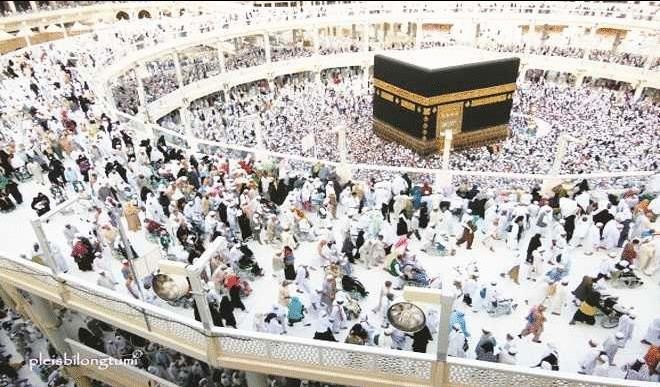Civil society to monitor hadaya rites during hajj
Independent Hajj Reporters yesterday said it has set up a five-man committee that will monitor the process of executing animal sacrifices (hadaya) on behalf of Nigerian pilgrims during 2019 hajj. A statement signed by its national coordinator, Ibrahim Muhammed, and publicity secretary, Abubakar Mahmoud, the civil society said the committee will ensure that States Muslim […]

Independent Hajj Reporters yesterday said it has set up a five-man committee that will monitor the process of executing animal sacrifices (hadaya) on behalf of Nigerian pilgrims during 2019 hajj.
A statement signed by its national coordinator, Ibrahim Muhammed, and publicity secretary, Abubakar Mahmoud, the civil society said the committee will ensure that States Muslim Pilgrims Welfare Boards that collect hadaya money from pilgrims remit them to Jaiz Bank or execute the sacrifice transparently.
The statement said the National Hajj Commission of Nigeria (NAHCON), had in 2016 appointed Jaiz Bank as the sole collector of hadaya payment on behalf of Nigeria. Jaiz Bank will remit the collection to the Islamic Development Bank (IDB), which is the sole executor of hadaya rite in Saudi Arabia.
“In compliance with the transparency policy of the administration of President Muhammadu Buhari, NAHCON and State Muslim Pilgrims Welfare Boards have presented the breakdown of 2019 hajj fare to the public recently.
The breakdown contained details of how the fare for 2019, roughly around N1.5 million was arrived at,” the statement said.
The civil society, however, said because “hadaya is optional in hajj rites, detailed processes of this item currently being executed mostly by states pilgrims’ agencies were missing in the 2019 hajj template”.
“Based on the above, Independent Hajj Reporters has written to some selected states Muslim pilgrims agencies demanding detailed records of pilgrims who paid for hadaya in this year’s hajj,” the statement said.
Nigerian pilgrims were asked to pay the sum of N38,000 for hadaya in 2017.
The monitoring is occasioned by a series of racketeering inherent in the hadaya rites, with pilgrims grossly shortchanged, the civil society said.
